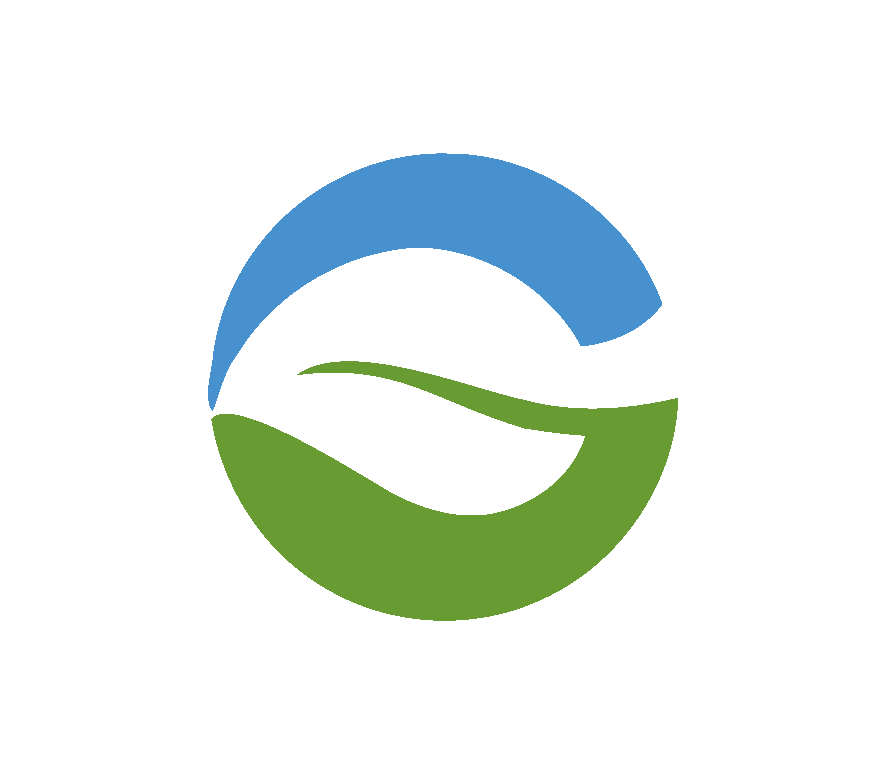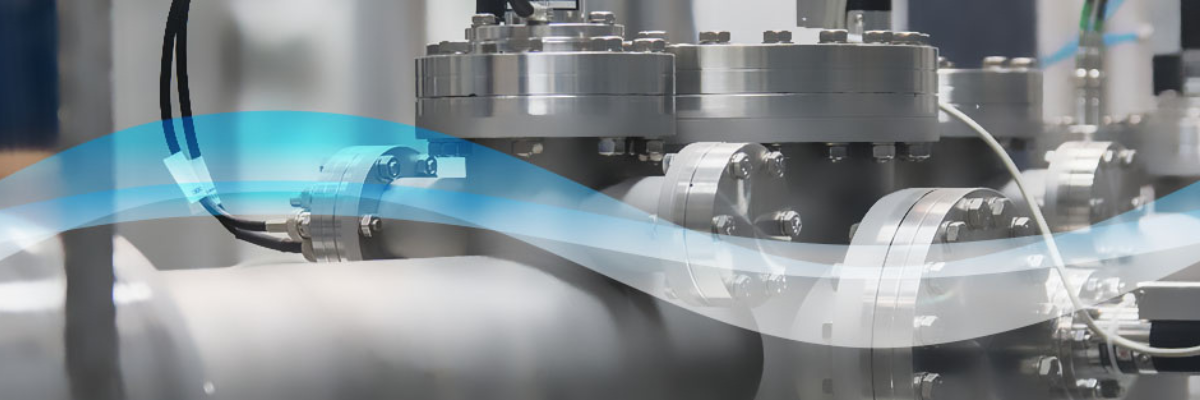In industrial settings, water filters are critical for ensuring clean and efficient water use across various processes. Different types of water filters are employed based on the nature of contaminants, water quality requirements, and specific industrial needs. Here are the key types of water filters used in industrial setups:
1. Mechanical Filters
- Cartridge Filters: Use a porous cartridge to trap suspended particles like dirt, sand, and sediment. These are ideal for pre-filtration in industrial water systems.
- Bag Filters: Consist of a bag-like filter element that captures larger particles, typically used in industries for bulk filtration.
- Disc Filters: Employ stacked discs to remove particles. These are effective for filtering water with high particle loads.
2. Activated Carbon Filters
- Granular Activated Carbon (GAC) Filters: Remove organic compounds, chlorine, and bad taste/odor. Often used in industrial water treatment to enhance water quality before it enters sensitive processes.
- Carbon Block Filters: Provide higher filtration efficiency than GAC filters for removing smaller particles, chemicals, and volatile organic compounds (VOCs).
3. Sand Filters
- Use layers of sand or other granular media to remove suspended particles from water. These are widely used in industrial water treatment for applications like cooling towers and wastewater treatment.
4. Ultrafiltration (UF) Systems
- A membrane filtration process that removes particles as small as bacteria, viruses, and colloids. These are commonly used in industrial setups for pre-treatment in reverse osmosis systems and in process water filtration.
5. Reverse Osmosis (RO) Systems
- Use a semi-permeable membrane to remove dissolved salts, minerals, and other impurities. RO is widely used in industries like pharmaceuticals, power generation, and food processing for producing high-purity water.
6. Deionization (DI) Filters
- Remove ions from water through ion-exchange resins, producing ultra-pure water. DI systems are essential for industries such as electronics manufacturing and laboratories where high-purity water is required.
7. Media Filters
- These filters contain various media like sand, anthracite, or gravel and are used to remove suspended solids, turbidity, and other particulates. Multi-media filters are often employed in water treatment plants.
8. Chemical Filters
- Chlorine Dioxide and UV Filters: Used to disinfect water by eliminating harmful microorganisms. UV filters, in particular, are often used in food and beverage industries.
9. Oil-Water Separators
- Employed to separate oil from water in industries like petrochemical, automotive, and manufacturing where oily water is a byproduct.
10. Desalination Systems
- Involves specialized filtration (like RO) to remove salt and other minerals from seawater or brackish water. Desalination is common in industries located near coastal areas with limited freshwater access.
11. Screen Filters
- Use a screen to block larger particles and debris. These are typically used as pre-filters in irrigation and wastewater treatment applications.
Each type of water filter serves a specific role in ensuring the industrial water supply is free from harmful contaminants and meets the necessary quality standards for the application.



Recent Comments